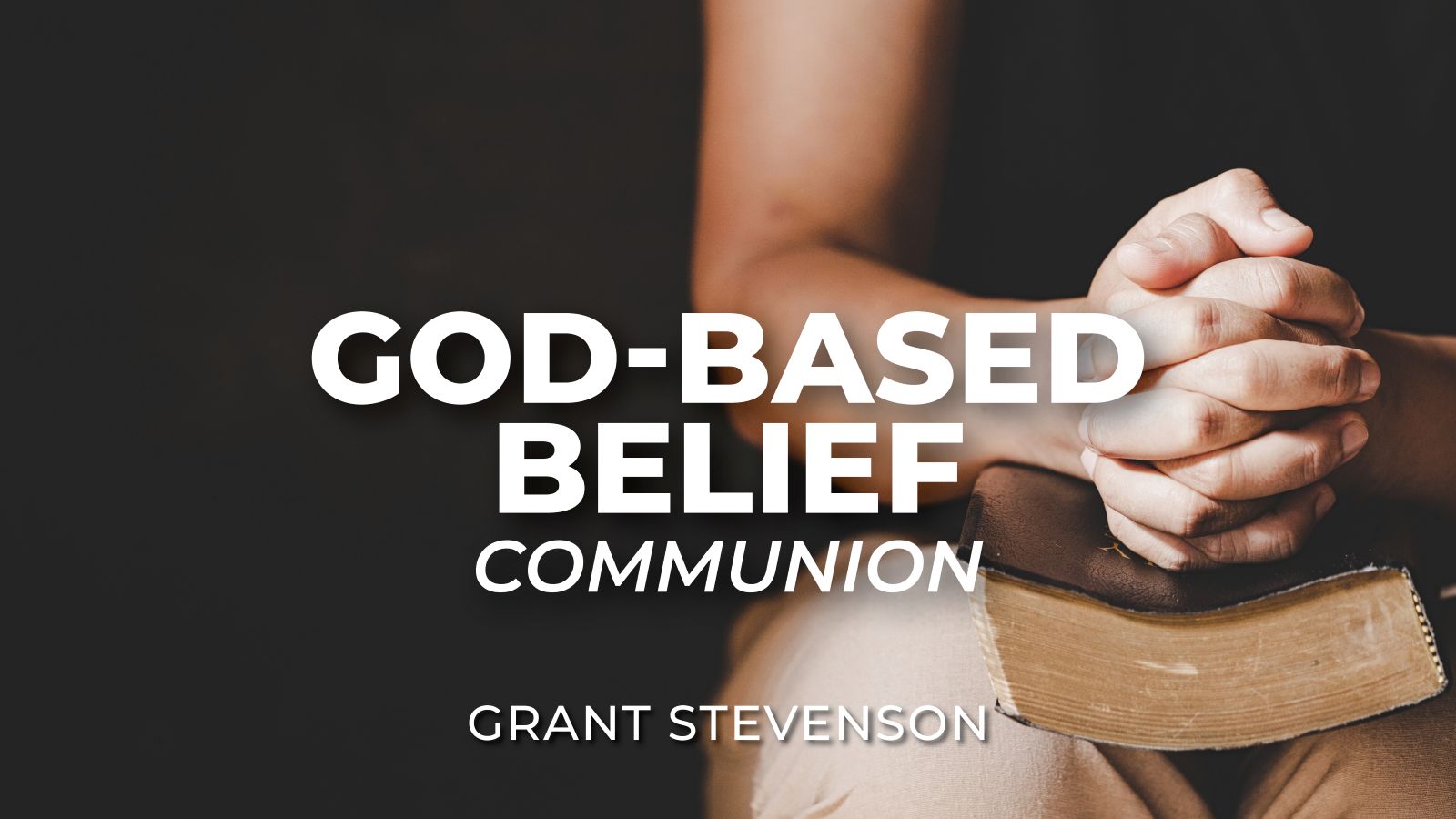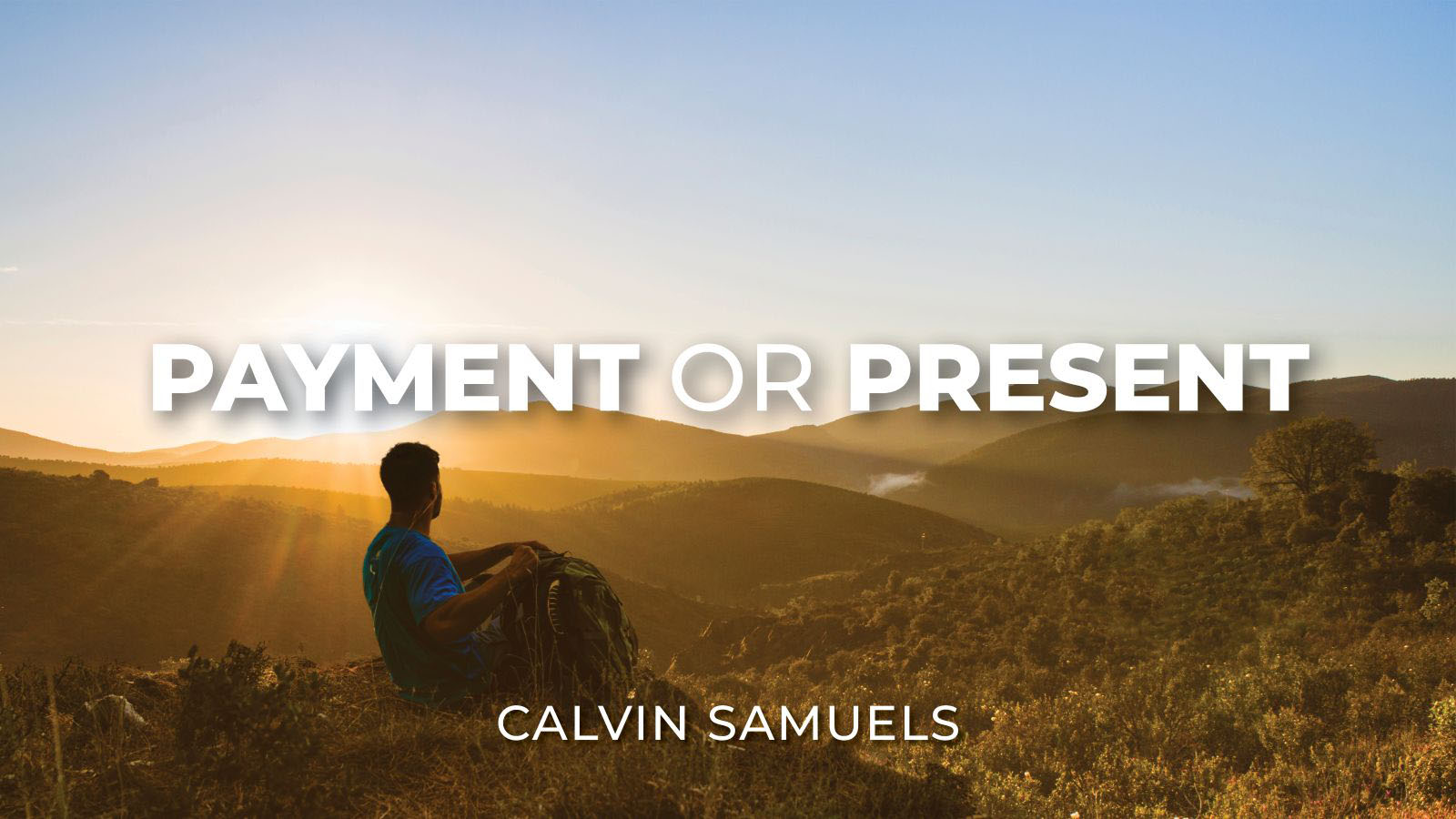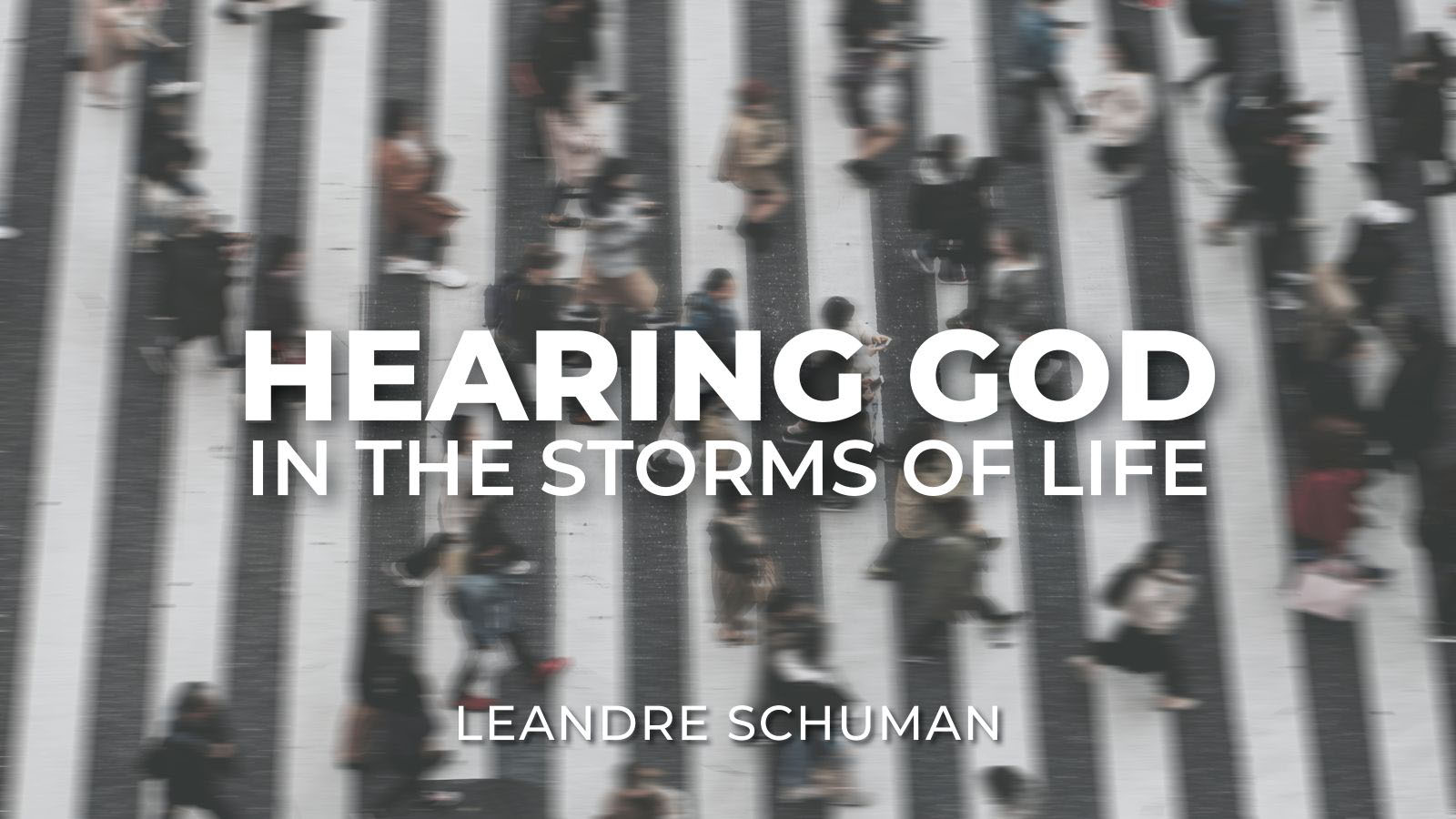The truth is, we may never know the “why” behind our suffering this side of eternity. God’s ways are not our ways. But what we can know, with absolute certainty, is the “who.”
Trust in the LORD with all your heart; do not depend on your own understanding.
— Proverbs 3:5 (NLT)
In seasons of crisis, loss, or deep unfairness, the question that echoes in the chambers of our hearts is often a single, agonizing word: “Why?” We see others being blessed, prayers being answered, and miracles unfolding, while we remain in our own prison of pain, feeling overlooked and forgotten. It is in these moments that the foundation of our faith is truly tested. Is our belief in God based on what He does for us, or on who He is?
Jesus encountered this very challenge. He told the people, “You people will never believe unless you see signs and wonders” (John 4:48 NIVR). He was calling them, and us, to a deeper faith—a faith that entrusts our entire lives to Him, not just one that is validated by a steady stream of blessings and miraculous interventions. The enemy loves a sign-based faith because when life inevitably takes a wrong turn, our perception of God shatters, and we risk abandoning the very One who is our salvation.
Consider John the Baptist. He was the forerunner, the one who declared, “Behold the Lamb of God who takes away the sin of the world.” He faithfully rebuked evil, standing for righteousness, and for his trouble, he was thrown into prison by Herod. From his cell, he heard reports of the Messiah performing miracles for others—the blind see, the lame walk, the dead are raised. Yet, John remained locked away. The lack of a sign for his own situation led him to send his disciples to ask Jesus, “Are you the one who is supposed to come?Or should wel ook for someone else?” (Matthew 11:3 NIVR).
Perhaps you can relate to John. You feel trapped, and your prayers for release seem to go unanswered. You’re wrestling with the question, “Jesus, are you really who you say you are for me?”
The truth is, we may never know the “why” behind our suffering this side of eternity. God’s ways are not our ways. But what we can know, with absolute certainty, is the “who.”
- No matter what happens, He loves you.
- No matter how unfair it seems, He is merciful and gracious.
- No matter how untimely the loss, He is your good shepherd.
- No matter how unexpected the outcome, He will never leave you or forsake you.
When we can anchor our faith in the unchanging character of God, the “why” loses its power over us. John the Baptist’s struggle wasn’t truly about his belief in who Jesus was; it was a wrestle with his unmet expectations of what Jesus should do. He, like many Jews of his time, likely expected a political King who would overthrow Roman oppressors, not a humble servant.
How much of our own wrestling with God is born from unmet expectations? “God, I thought you would heal me.” “I thought you would provide that job.” “I thought you would save this relationship.” Faith trusts, but expectation assumes. As the apostle James warns, we should not say we wi l do this or that, but rather, “If it is the Lord’s will, we will live and do this or that” (James 4:15 NIV). This is a posture of trust, not assumption.
Jesus’ response to John was profound. He pointed to the signs He was performing, affirming His identity. But then He added a crucial word of encouragement: “Blessed is anyone who does not give up their faith because of me” (Luke 7:23 NIVR). Jesus was saying, “John, there is a blessing for you if you can trust who I am even when you don’t understand what I am doing (or not doing) in your personal situation.”
The story of John the Baptist ends, from a human perspective, in tragedy. He is beheaded on a whim to satisfy a drunken promise at a party. There was no miraculous escape. Yet, Jesus Himself said of John, “Truly, I say to you, among those born of women there has arisen no one greater than John the Baptist” (Matthew 11:11 ESV). John’s greatness was not defined by the length of his ministry or a triumphant end, but by his steadfast faith while wrestling in the dark. His suffering became his witness.
Your greatest testimony may not be a story of miraculous escape, but one of unwavering faith in the midst of the fire. It’s about finding peace in the prison cell, not just freedom from it. When you let go of your expectations and cling to the “Who,” you will experience, as Paul wrote, “God’s peace, which exceeds anything we can understand” (Philippians 4:7 NLT). Your faith in who God is, even without answers to “why,” becomes a powerful story seen by others, a testimony of greatness that echoes from your life into eternity.
Reflect
- In what area of your life are you currently asking “Why?” How can you shift your focus from the “why” of your circumstances to the “who” of God’s character this week?
- Think about a time when an unmet expectation of God caused you to worry or doubt. How does the distinction between “faith trusts” and “expectation assumes” change your perspective on that situation?
- John the Baptist felt overlooked in his prison cell while others received miracles. Can you identify with this feeling? How does Jesus’ statement, “Blessedisanyonewhodoesnotgiveuptheirfaithbecauseofme” (Luke 7:23), speak to you in that feeling?
- The devotional states, “Your faith in God through suffering is a form of witness.” Who might be watching your response to your current challenges? What message is your faith sending?
- If you were to honestly write the final chapter of your current story of suffering, what would it say? How can you, like John, trust that even a tragic ending in human eyes can be a testimony of greatness in God’s eyes?
Closing Prayer
Father God,
Thank you that your love for me is not dependent on my circumstances. Forgive me for the times I have based my faith on signs and wonders, and for the times my unmet expectations have led to doubt and anxiety. Today, I choose to let go of my need to understand “why.” Instead, I choose to trust in “Who” You are: my loving Father, my good Shepherd, my merciful and gracious God who will never leave me. Even in this prison of pain, help me find Your peace that surpasses all understanding. May my faith, even while wrestling, be a powerful testimony to Your greatness.
In Jesus’ name, Amen.




